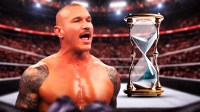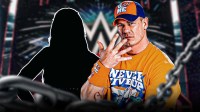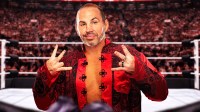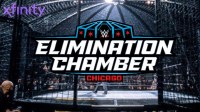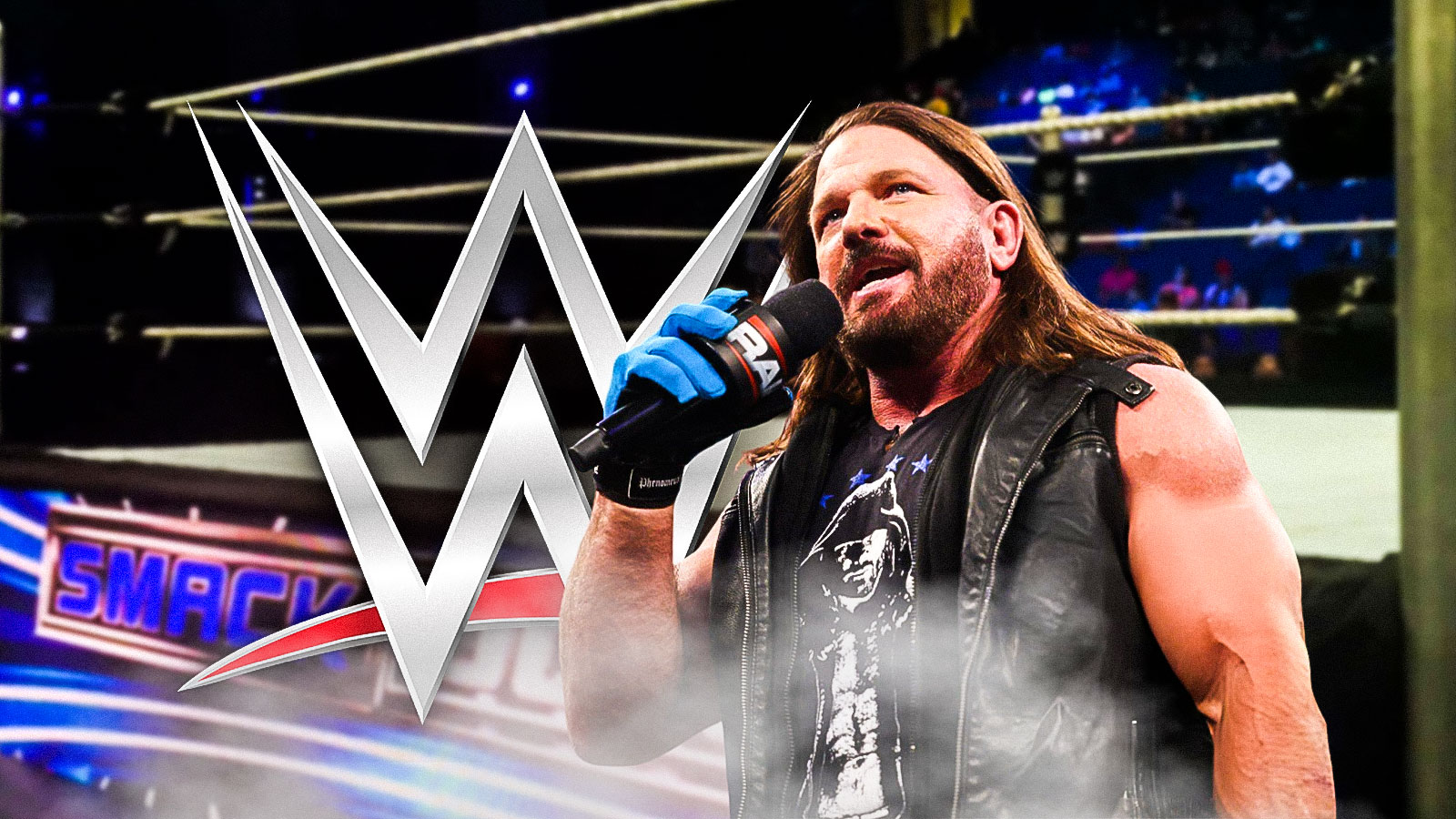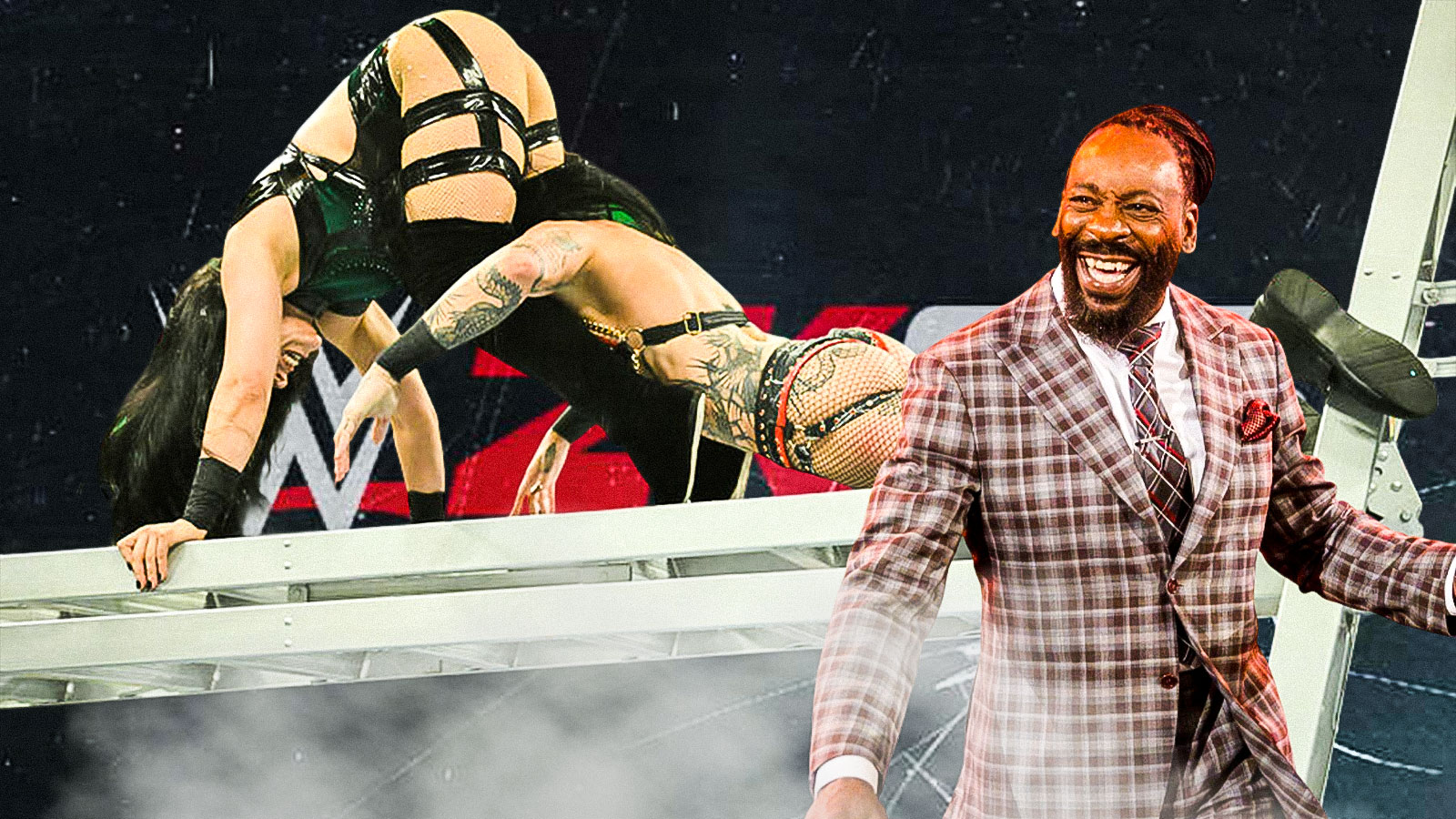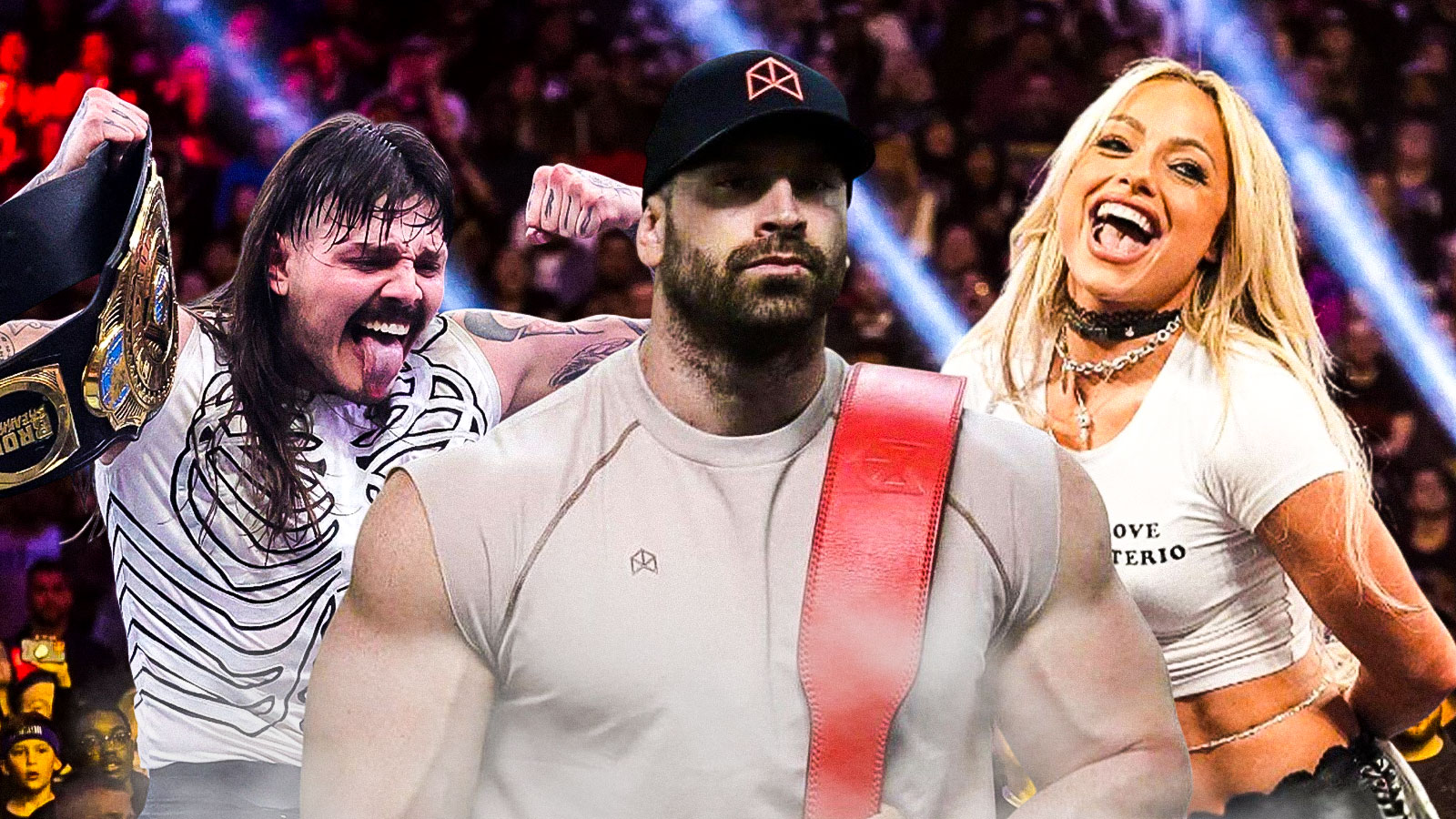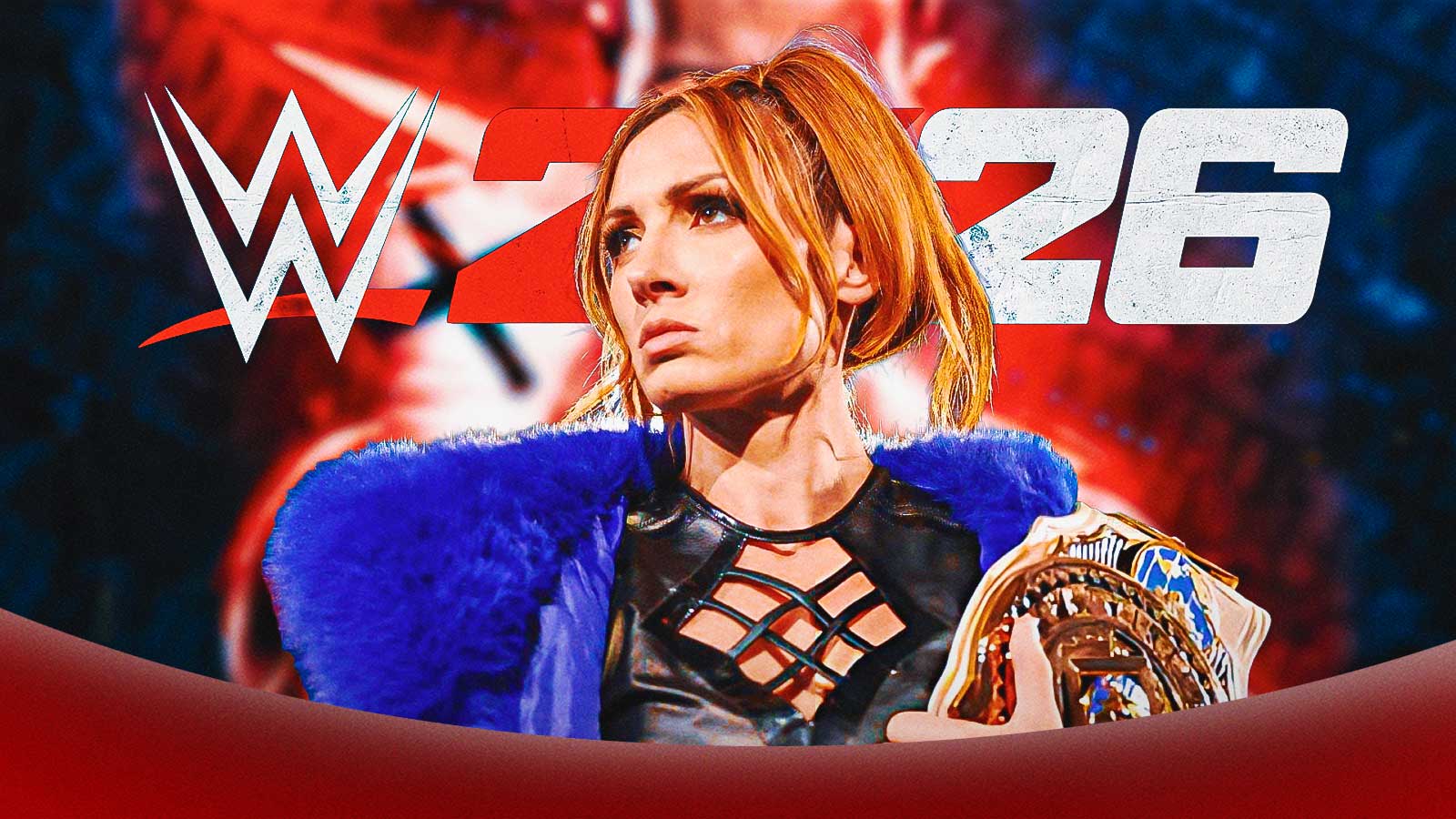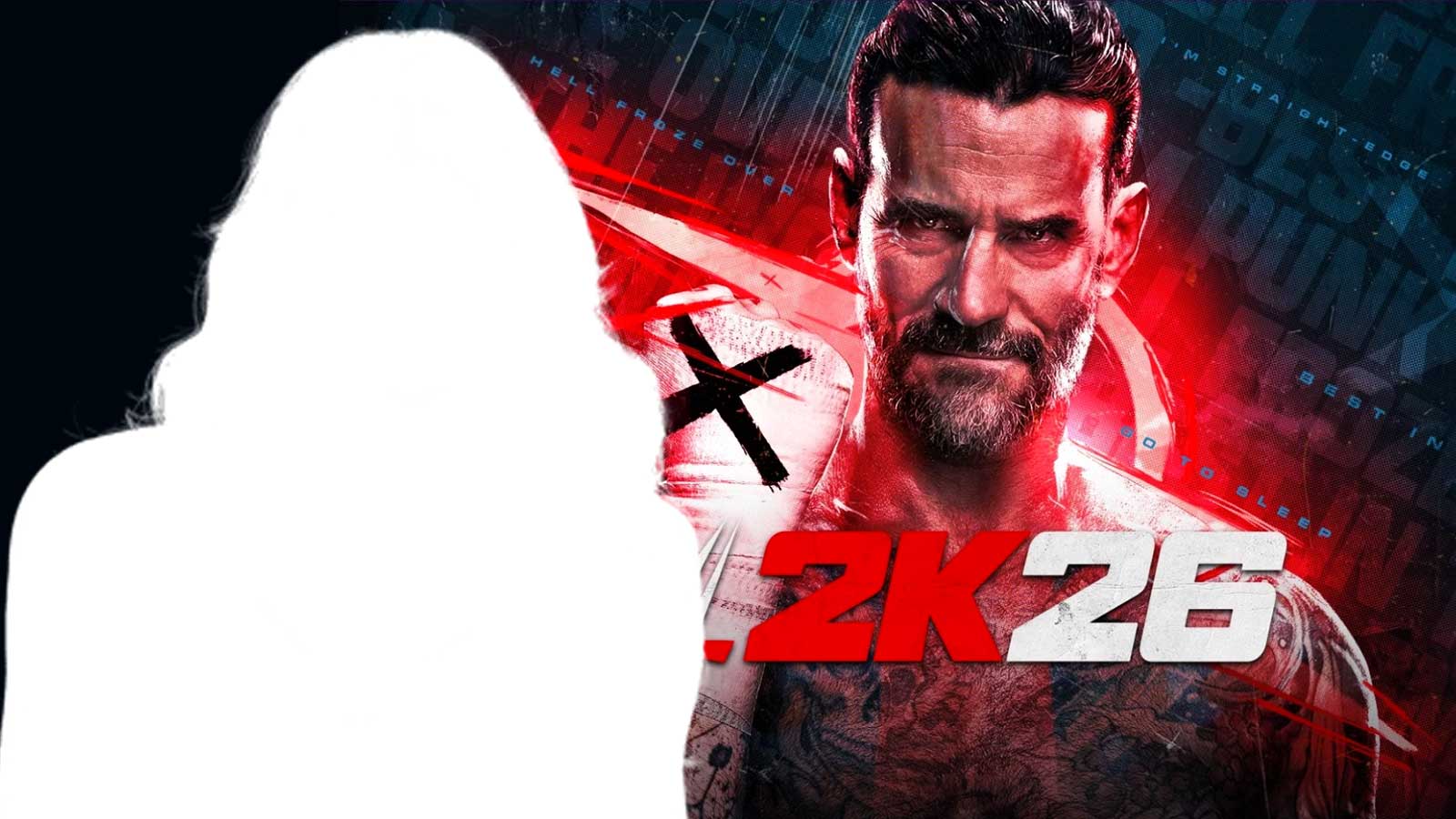After four decades with the WWE/WWF/WWWF, Vince McMahon has officially retired from the company. Though he didn't do it by choice, as the ramifications of his incredibly reprehensible decision-making and pension for paying off women he had inappropriate relationships with had finally caught up with him, the thought of the WWE without Vinnic Mac was borderline unimaginable for more than a few generations of fans.
As his 50s turned to 60s and even into his 70s, McMahon remained firmly locked in as the company's top creative mind and made an unofficial tradition out of re-writing shows mere hours before they were about to go live, even if it made things incredibly difficult for all parties involved. His ideas became increasingly circular, his disinterest in hiring actual wrestlers became more and more apparent, and his personal preferences, from fart jokes to a distaste for smaller and/or tag team performers, became hard to ignore.
But now, with Mf. McMahon gone? Well, the wrestling world is born entirely anew, as there has never been a retirement in the sport, maybe in sports, period, that is this uniquely impactful.
At 77, time for me to retire.
Thank you, WWE Universe.
Then. Now. Forever. Together. #WWE #thankful— Vince McMahon (@VinceMcMahon) July 22, 2022
WWE – and wrestling as a whole – just hit an inflection point.
There isn't a performer on the official WWE roster who was born when Vince McMahon made his WWE – then the WWWF – debut back in 1969. Sure, one could argue that Goldberg, born in 1966, is technically still employed by the company – and he's reportedly waiting on that “one phone call” to end their time together – and The Undertaker remains with the company, too, even if his wrestling days are done, but every active member of the roster from Roman Reigns to Austin Theory, and every member busting their butt at the NXT performance center looking to catch on, grew up in a world where Mr. McMahon was not only the face of the WWE, but the face of professional wrestling in general.
This, you see, was by design; when Vince purchased the company from his father, Vincent M. McMahon, back in the early 80s, he made it his mission to “unify” the territories under one, national brand by offering the best regional talents lucrative deals to wrestle for him both in the Northeast and nationally as a touring act.
But that isn't all. No, McMahon wasn't just a genuine businessman who saw an opportunity to monopolize a sports industry like the NBA before him – snuffing out the ABA in the process – but he also made himself an indispensable part of the on-television product, too – as if David Stern suited up for the New York Knicks and threw lobs up to Patrick Ewing. McMahon was a commentator, interviewer, backstage personality, and eventually, the in-ring foil to “Stone Cold” Steve Austin in arguably the most memorable/important feud in wrestling history. “Mr. McMahon” made himself the villain of the story even though he couldn't even take a stunner correctly, and while he never had the sort of generational match like Shawn Michael vs. The Undertaker, Bret Hart vs. Owen Hart, Hulk Hogan vs. Andre The Giant, or Shawn Michaels vs. Undertaker, again, he was able to produce one of the most compelling storylines in history and a few that maybe didn't hit the mark – The Ministry – but remained an important part of the most important era of wrestling, too.
But even his Mr. McMahon character, when coupled with his status as the “commissioner” of WWE, wasn't the extent of his legacy. He wasn't just the coach, the player, and the commissioner, with others ultimately deciding his fate – no, in a way, McMahon was like a Mob Boss, who operated in the grey areas and yet was untouchable whenever someone pointed out that that probably wasn't right.
From the steroid scandals of the early 90s to the Montreal Screwjob, the Death of Owen Hart, the Murder-Suicide of Chris Benoit, and even the near-constant attempts by wrestlers to unionize and earn things like health insurance and retirement plans as employees instead of “Independent Contractors,” McMahon could have been taken down over and over and over again and yet, he remained in place as the head of his company, with many feeling as though Mr. McMahon could make millions and eventually billions off of the sport of wrestling – or, as his company calls it, sports entertainment. Scandal after scandal, he remained in place, and even now, with his retirement fully in effect, he remains in place as the company's top shareholder and may even remain on the Board once things “cool” down.
I agree, Jim, “Dave Messler” has a point.
Say what you will about the WWE being a flat circle, or that the retirement had more to do with what the Board of Director's report had/would have eventually found, but it's clear Mr. McMahon's influence on the company isn't going away any time soon, even if Xavier Woods already brought up Ring of Honor and the IWGP Tag Team championships of New Japan Pro Wrestling.
Ultimately, Vince McMahon's downfall came down to hubris; hubris that he could pretty much do whatever he wanted without ramification and hubris that he could maintain said reprehensible behavior while also building his mom and pop shop into a billion-dollar company bigger than any one man, even when that man is Mr. McMahon.



